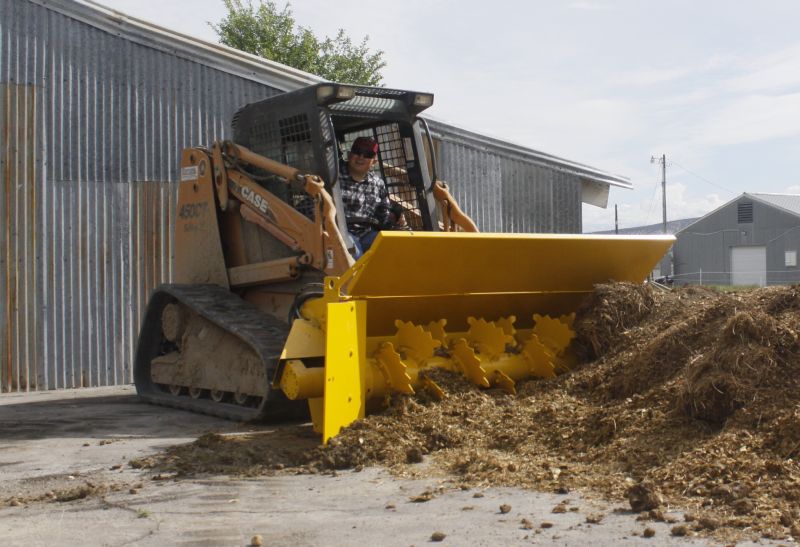
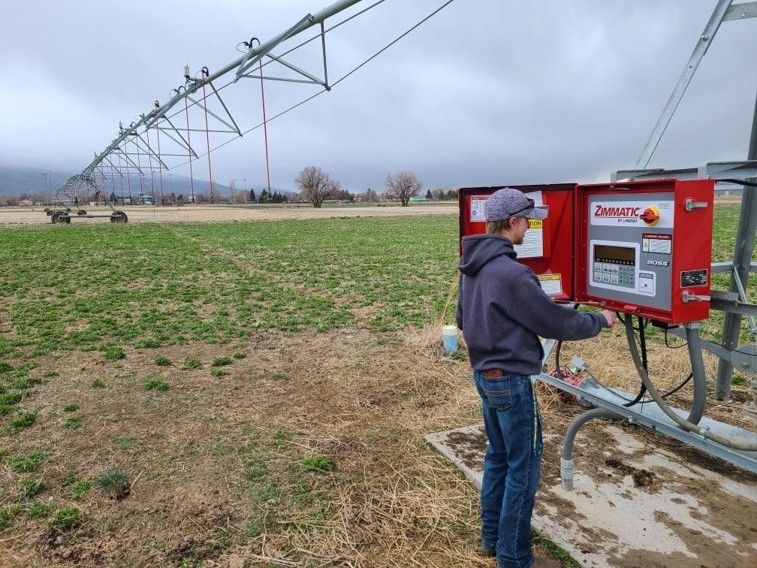
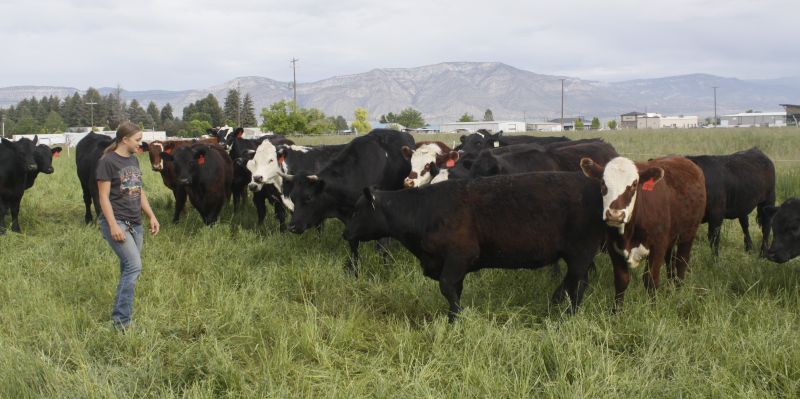
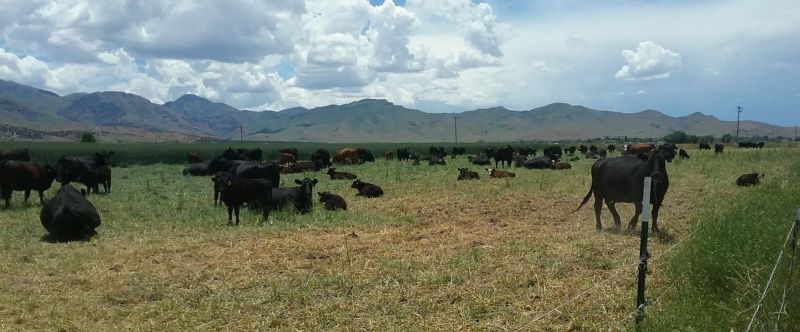
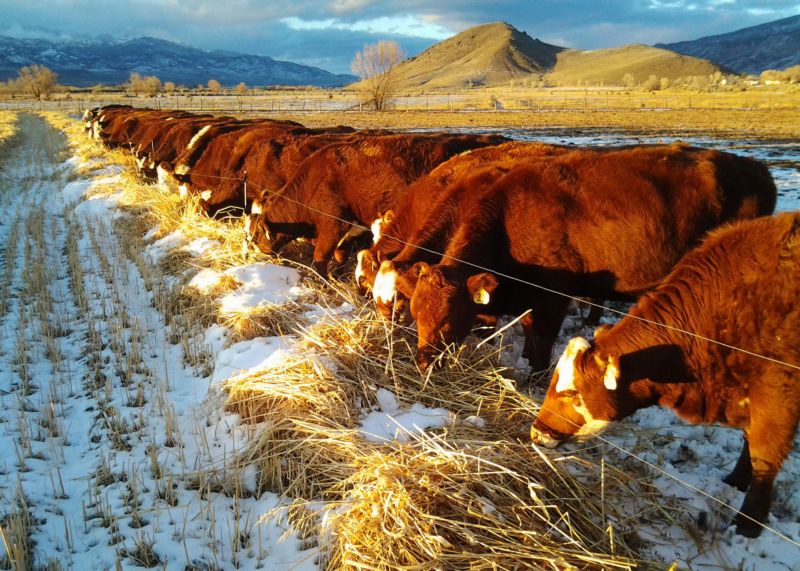
The livestock industry is an important part of Utah's economy, especially in the rural six-county region served by Snow College. Livestock managers apply biological and chemical principles to livestock growth and production. In livestock operations, feed is the largest annual expense. Thus, to increase profitability, livestock farmers and ranchers must find ways to minimize feed costs. An emerging technological approach to feed costs and sustainability is Innovative Livestock Management. This approach includes the use of complex technologies, such as precision irrigation and geospatial monitoring of grazing and feed production to maximize fodder production. In addition, Innovative Livestock Management includes composting technologies to manage livestock waste, while maintaining and improving water quality, increasing environmental sustainability, and producing marketable compost that can further increase profitability. This project will support development of the first Innovative Livestock Management program in Utah. Through this program, students will learn about innovative livestock management approaches and gain the related technical skills to improve economic success, profitability, and sustainability of livestock production. Graduates will be able to apply these skills to manage large industrial ranching operations or small family-owned farms. As a result, this project can strengthen Utah's agricultural economy, while improving water conservation and water quality. In addition, the new Innovative Livestock Management program, which focuses on scientific, technical, and management skills, may be replicable at colleges throughout the nation.
The new Innovative Livestock Management program will offer stackable certificates and an A.A.S. degree. It will also develop articulation agreements that enable students to transfer to four-year institutions and earn advanced degrees. The program will offer a curriculum that includes two new classes, "Forage and Grazing Management" and "Composting and Regenerative Livestock Waste Management," along with modifications of existing courses in irrigation management, animal feeds and animal science, and drones and aerial imagery. Graduates will be able to assume management responsibilities by applying their knowledge and skills in data-driven precision technologies in 1) the planting of forage varieties, 2) the use of fertilizer and irrigation to improve feed production, 3) livestock waste management and composting, 4) the use of drones, GPS, and GIS for monitoring both grazing and feed production, and 5) evaluation of animal performance. An advisory committee of representatives from local livestock industries, including family farms, will guide program development to ensure that it appropriately addresses specific management needs. An additional component of the project will be the development of a pathway that connects high school students in agricultural courses to this program.
The National Science Foundation's Advanced Technological Education (ATE) program has been funding innovation at two-year colleges for over twenty years. With a focus on the education of technicians for the high-technology fields that drive our nation's economy, and strong partnerships between academic institutions and industry, ATE promotes improvement in the education of science and engineering technicians at the undergraduate and secondary school levels.
To learn more about ATE, please visit the NSF ATE program home page.